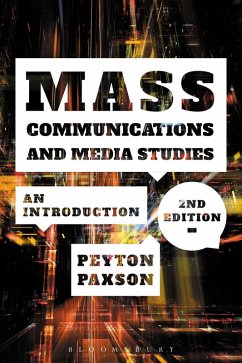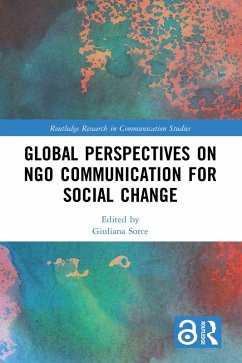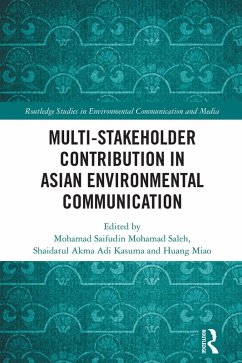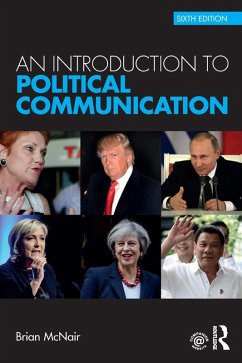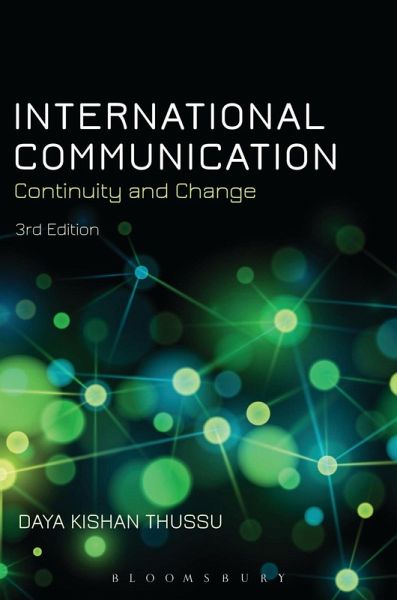
International Communication (eBook, PDF)
Continuity and Change

PAYBACK Punkte
11 °P sammeln!
The third edition of International Communication examines the profound changes that have taken place, and are continuing to take place at an astonishing speed, in international media and communication. Building on the success of previous editions, this book maps out the expansion of media and telecommunications corporations within the macro-economic context of liberalisation, deregulation and privitisation. It then goes on to explore the impact of such growth on audiences in different cultural contexts and from regional, national and international perspectives. Each chapter contains engaging c...
The third edition of International Communication examines the profound changes that have taken place, and are continuing to take place at an astonishing speed, in international media and communication. Building on the success of previous editions, this book maps out the expansion of media and telecommunications corporations within the macro-economic context of liberalisation, deregulation and privitisation. It then goes on to explore the impact of such growth on audiences in different cultural contexts and from regional, national and international perspectives. Each chapter contains engaging case studies which exemplify the main concepts and arguments.








